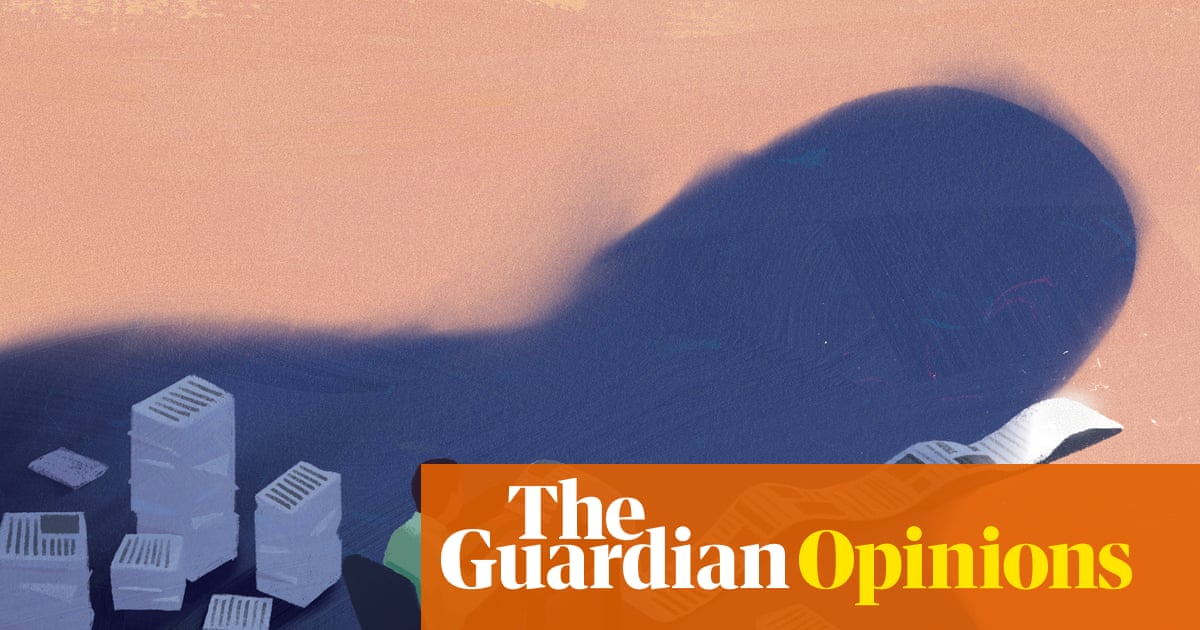
"The BBC I joined on my first day of professional journalism 40 years ago this week is unrecognisable today. While, for most of its history, the corporation had largely defended the status quo, under the director general at the time, Alasdair Milne, its journalists were sometimes allowed to stick it to power. This, I believe, is what journalism exists to do and seldom does."
"Investigative journalists were much freer then. It was easier to obtain permission to set up a fake company, pose as a buyer and penetrate criminal networks and unethical corporations. We broke some big stories. On one occasion, we amassed powerful evidence to suggest that a ship leaking oil on a sensitive coastline had been deliberately scuppered. That programme won a Sony award. On another, I had the head of customs in Abidjan, in Ivory Coast, offering to sell me chimpanzees for experiments."
The BBC once permitted robust investigative reporting that challenged power under director general Alasdair Milne. A journalist joined the Natural History Unit to pursue investigative environmental stories, using undercover methods like fake companies and posing as buyers to penetrate criminal networks and unethical corporations. The team uncovered major wrongdoing, including evidence suggesting deliberate oil dumping and attempts to sell chimpanzees for experiments, and won awards. Political backlash from the Thatcher government followed after programmes revealed clandestine decision-making and alleged far-right views among senior Conservatives. The BBC board forced Milne's resignation and ordered an end to investigative journalism.
Read at www.theguardian.com
Unable to calculate read time
Collection
[
|
...
]